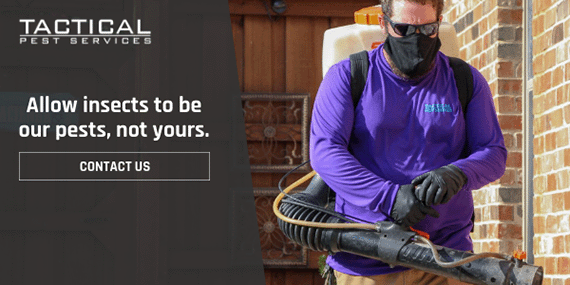Ants are a vital part of our planet’s ecosystem. They certainly outnumber humans have colonized almost every landmass on earth. The only places lacking indigenous ants are Antarctica and a few remote or inhospitable islands. Ants thrive in most ecosystems and form 15–25% of the local animal biomass. While most ant colonies develop symbiotic relationships with their environment and are relatively harmless, one place no one wants to see them is inside of their home or overrunning a front or backyard.
Ants can start a colony anywhere there is food, water, and shelter. Within your home, the most popular places ants tend to colonize are kitchens, backyards, and bathrooms. Each ant colony can hold thousands of ants, making them a formidable enemy to all but the most experienced pest control companies. At the center of each colony, a single female queen ant runs the show. What happens when you kill a queen ant? Is that enough to get rid of an ant problem?
Average Lifespan of An Ant
The average lifespan of an ant depends on the species and geographical location. Some ants only live for a few weeks, some for multiple years. The average black ant can live between four and fifteen years, assuming they aren’t killed by bigger predators. However, the queen of the black ant colony can survive for up to thirty years. This is because she hardly ever leaves her chambers to go outside the nest and worker ants provide everything she needs to survive.
Ant Biology
Queen ants are approximately twice the size of an average worker ant. All ants can be broken up into three distinct segments, the head, mesosoma (thorax), and metasoma (abdomen). The queen’s third segment (metasoma) is significantly larger than any male worker, as she needs to house all the eggs needed to repopulate the colony. Depending on the species, a queen ant can lay hundreds or even thousands of eggs a day.
How Ant Colonies Operate
Most ant colonies usually have thousands of active ants with a single queen at the helm. All the other ants in the colony are worker ants, and they bring food and resources back for the settlement. The worker ants are what homeowners see when discovering they have an ant infestation. Since the queen ant stays hidden inside the colony for her entire life, she can only really die from two causes: a worker ant mutiny or by human intervention.
So, what happens when a queen ant dies? The answer is straightforward, the colony will eventually die as well. Ants don’t flee to another territory or nest if their queen passes away. Instead, they continue bringing resources back to their settlement until they die of old age or external causes. This makes ant extermination easy to understand, but difficult to execute. All you have to do is kill the queen ant and the colony will eventually fade, the tricky part is being able to locate and eliminate the queen.
This kind of expertise is exactly where Tactical Pest Services comes into play. We have years of experience and have developed many different natural pest control solutions designed to target and take out queen ants. If you are experiencing an ant infestation, please reach out and let us discuss how we can help.


